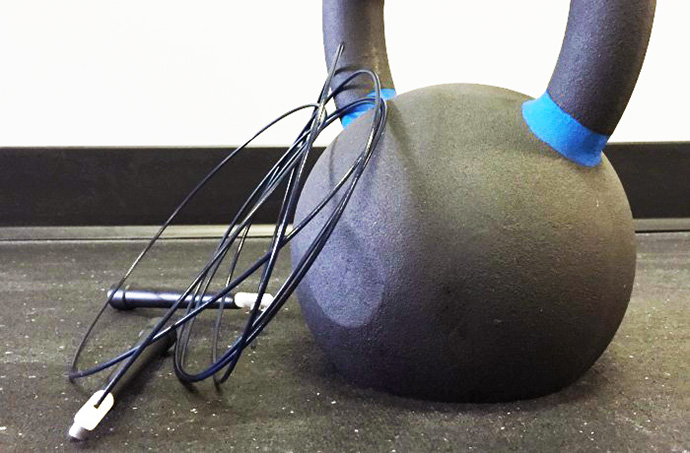Experts say that majority of your immune system is situated in your gut. What’s more, scientists are discovering many other systems of the body being controlled by the gut as they do more and more studies!
Residing in your gut is a staggering number of microbes. To give you a clearer picture, bacterial cells found in your belly outnumber all the other cells in your body by 10 times! However, not all of those microbes in your tummy are created equally — some of them are good while others are bad.
Good bacteria in your gut are referred to as probiotics, and they are the very reason why it is a wonderful idea for you to consume all sorts of beneficial bacteria-packed fermented foods such as kimchi, sauerkraut and miso. By constantly supplying your intestines with probiotics, you can ensure a gut that’s in tip-top shape.
Alas, there are various factors that can make the population of good bacteria much less than the population of the bad ones. All of these factors seem to come with modern living — poor diet, unhealthy lifestyle, stressful living, exposure to environmental toxins or pollutants, consumption of alcohol, and the misuse of antibiotics.
Certain symptoms can reveal the fact that there’s an imbalance of microbes going on in your intestines. Some of them are excess gas, bloating, acid reflux, diarrhea or constipation, and food allergies.
However, it is very much possible for you to have a gut problem microbe-wise even with the absence of gastrointestinal symptoms. Experts say that a runny nose or excess mucus in the throat can be an indicator. The same is true with inflammation and skin disorders anywhere on your body!
You definitely don’t want to have those bad bacteria outnumber the beneficial ones! That’s because aside from the nasty symptoms discussed above, these health problems may also arise, according to scientists:
- Poor immunity. With no good microbes in the gut to defend your body from disease-causing ones, it’s not unlikely for you to frequently suffer from various diseases caused by bacteria.
- Diabetes. Based on studies conducted on laboratory mice, replicating the gut ecosystem of diabetic mice in the gut of non-diabetic mice eventually made them diabetics, too!
- Weight gain. Scientists found that laboratory mice with lots of certain bad bacteria in their intestines were heavier than those with less of the said bacteria in their gut.
- Gastroesophageal reflux disease. GERD for short, numerous scientific investigations revealed that an unhealthy gut is linked to this problem concerning the stomach and esophagus.
- Asthma. Some cases of asthma can be due to the overgrowth of certain types of bad bacteria in the tummy. Also, it can be blamed on GERD (which is linked to a gut imbalance) when stomach acids irritate the airways.
- Chronic infection of the sinuses. Do you often suffer from pesky sinusitis? There is a huge possibility that specific kinds of bad microbes in your gut have outnumbered beneficial ones.
- Acne. Dermatologists say that acne is actually an inflammatory condition of the skin, and inflammation can be due to the overgrowth of disease-causing microbes in the gut.
- Other inflammatory skin issues. Aside from acne, there are many other inflammation-mediated skin problems that an unhealthy gut may bring, and some of them are eczema, dermatitis and psoriasis.
- Colon cancer. According to a study conducted on mice, those with imbalance of microbes in the gut had more E. coli in the intestines, and majority of the affected mice developed cancer of the colon.
- Heart disease. Scientists say that certain bad bacteria in the gut release an organic compound known as trimethylamine-N-oxide or (TMAO), which is linked to a higher heart attack and stroke risk.
Sources: go.com








